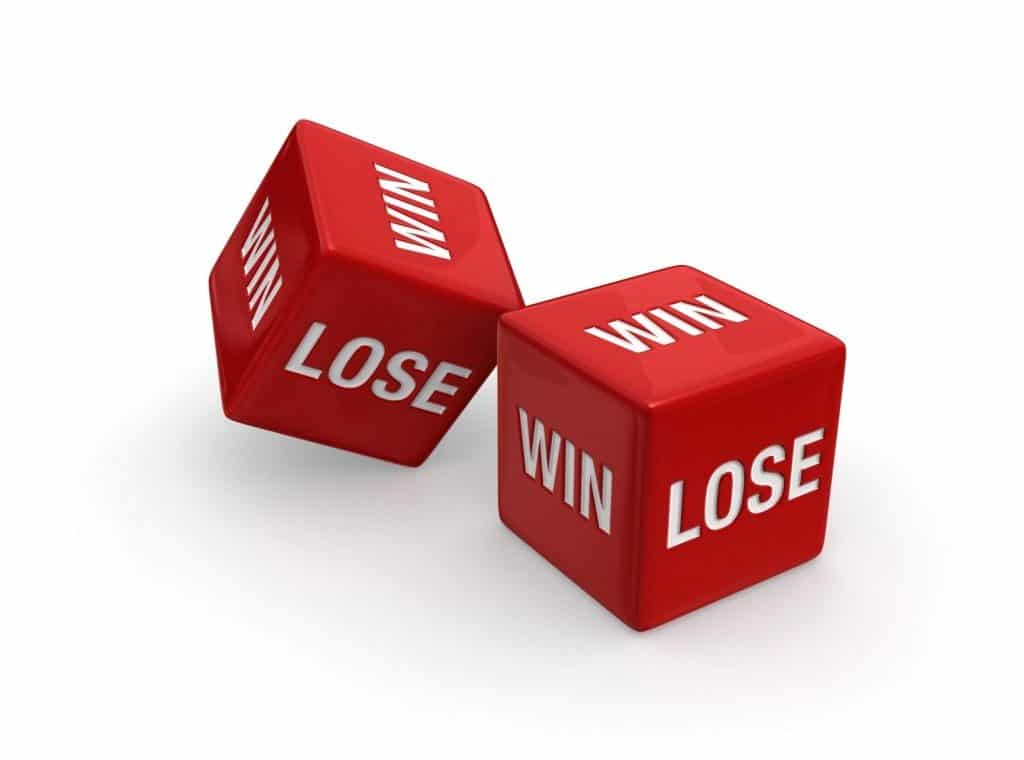I am sad that California Fitness abruptly closed all its branches last week.
This may sound strange coming from me.
At first glance, it would appear that the closure of a potential competitor in the same industry would be a “good thing” for Genesis Gym.
However this is not the case. And it has never been. Both big, commercial style gyms, as well as gyms run by small groups of personal trainers in Singapore have closed down.
And I have always been sad about that.

Why? Because it is “lose-lose” for everyone when gyms close down in an unhealthy way.
- It is bad news for the customers who lose their money, especially for those who bought a membership or a package of personal training sessions as recently as a day or two before closing.
- It is bad news for the staff of the gym who don’t get their salaries
- It is bad news for the landlords who lose out on unpaid rental.
- It is bad news for the market because potential customers lose out on choices which may be more convenient or suit their personal needs.
- It lowers competition and choices… and this is bad for customers like you. After all, it is this incredible number of choices (there are more than 350 exercise studios in our small island of Singapore) that pushes Genesis Gym to keep improving daily. To help customers get better and better knowledge and results.
- It is bad news for the fitness industry because the entire industry loses goodwill. Customers become more wary of ALL gyms – not just those that have closed down.
- It is bad news for gyms because related businesses like equipment suppliers and banks trust us less. In fact, most of the big gym equipment is leased not bought so they can’t even sell it off to repay debt.
However as a business owner, I also understand the pressures of competition, operations and cash management. There is also the rising price of land and labour. The world’s current financial system, along with government regulation of all kinds almost guarantee this.
There is no law that can force a business to stay open even if it’s unprofitable. Such a law would have far reaching consequences. Crushing entrepreneurship in every industry and damaging the economy.
So we need to ask “what causes a big, popular, famous brand to close down? And how can a customer protect themselves?”
First, you need to know a bit about the gym business model.
This is not a moral judgement.
It is a business choice that all business owners have to make.
If you know that a company makes this choice, then you are a better, more informed customer.
In most businesses, it is a “great day” when you recover the cost of your investment. A good business does this in about 18 months if the economy cooperates, customers are happy, and the business runs properly.
That means that if it costs $200,000 to set up the business, then you make it back in 18 months, and anything after that is a profit.
I have friends in the fitness industry around the world, including people who run commercial gyms. I have learned that the big commercial gym model like California Fitness makes their initial investment back in just 3 months. That is SIX TIMES FASTER than most good businesses.
Sounds great! But there is a catch. This is done by large amounts of pre-sales and package sales. A 5-year membership, a lifetime membership, a pre-opening sale on personal trainer services or gym memberships. And so on.
This means a large injection of cash, which quickly recovers the investment of the gym setup – 6 times faster than usual. This allows the owners to quickly open another gym, or use the money for further investment.
But the downside is that there is also a huge amount of services not yet provided. So the company may not be in financial debt, but they are in debt to their customers.
Second you need to know who the ideal customer is.
Think about the big commercial gym model. Who is the ideal customer?
Is it “person A” who pays for a lifetime membership once, comes to the gym every day. And never pays again?
Or is it “person B” who pays for a lifetime membership once, comes three times. And then loses motivation and never shows up again.
Person B is by far the ideal customer.
In it was reported that California Fitness had 15,000 members in Singapore even as far back as 2002. If all of them even exercised twice a week, the gym would be more crowded than a MRT train during rush hour.
But the nature of the business model relies on far more of “Person B” outweighing the number of “Person As”. The calculations in this industry aim for something like an ideal ratio of 60:1 of B vs A.
If these ratios are not achieved, then there is no way to pay the running costs of a business.
Third, consider why are there so many types of classes in big commercial gyms?
Zumba, Body pump, Body combat, Spinning etc.
I will ignore the effectiveness/ineffectiveness of these classes in terms of results. And talk only about their business implications.
They are great to show potential members what a large variety of things there are to try. I do have friends who only go for the classes.

But most importantly, especially in land-scarce places like Singapore, they pack dozens of people into a small space, and only use one instructor to conduct the entire class.
Compare that to the “free weights” area of a gym. One person performing squats in a power rack takes up more than double the space, and more than 10 times the cost of equipment.
Finally, think about the product that is being sold.
On the surface, a big commercial gym like California Fitness seems to provide a similar product to a personal training gym like Genesis Gym. We both have barbells, dumbbells, benches, and exercise machines.
In the big commercial gym, the product being sold is similar to a mini country club membership -pay for the long term, show up once in a while.
However in a personal training gym, the product being sold is not a membership. It is a result. Want to jump higher, avoid injury, burn 10kg of unwanted fat and so on. Pay for the time you require to get the results. Generally Genesis Gym clients choose to pay only 12 weeks at a time.
Neither product is “superior” in itself.
But different customers require different products. That’s one reason why there is no single best gym in Singapore. There is only the best gym for you and your needs.
This massive difference is also reflected in the different staffing training structure, and incentive schemes. Big gym personal trainers are almost 100% commission-based so their training is 1-2 weeks long and focused mostly on how to close a sale.
But at Genesis Gym, our team only gets paid for improved client results and retention. So our 3-year-long Genesis Academy training system is all about how to get clients results.
If the market has a shift toward more personal training and results, then the big gyms may lose out.
So how can you, as a customer, protect yourself?
- Understand the business model. And see if you are comfortable with it.
- Sign up for a package length you are comfortable with.
- Decide – are you looking for a membership or are you looking for a result? Choose the one that you feel you need.
- Ask yourself if you like classes more (which some people really do find lots of fun), or prefer more systematic, results-oriented training methods.
In the end, there really are tonnes of choices for gyms in Singapore. And while naturally, I hope everyone joins Genesis Gym’s personal training programmes, I know that each of us is different and I hope that you make the choice that is best for you.
If you want guidance on how to implement a customized training and nutrition plan for yourself, we welcome you to join what is probably the best personal fitness training programme in Singapore by clicking the button below.
The Genesis Gym personal trainers (Singapore) will design the nutrition, lifestyle and fitness plan for you and guide you to your fitness goals.
To your continued strength, health and happiness,
Coach Jonathan Wong
Director,
Genesis Gym Singapore
